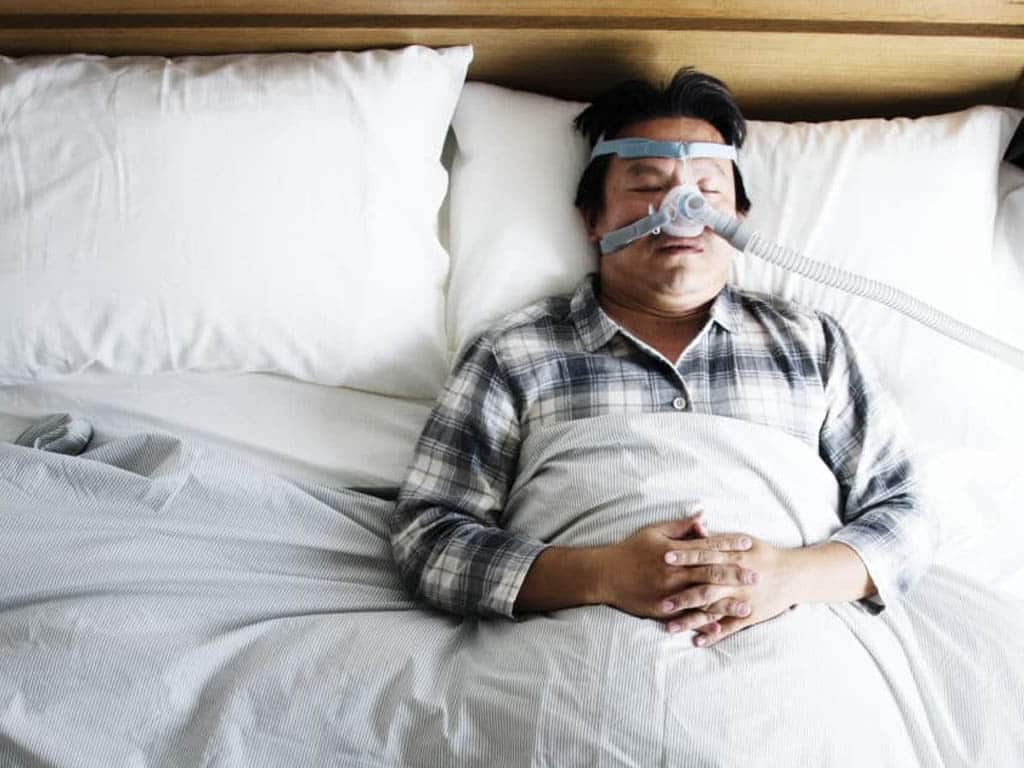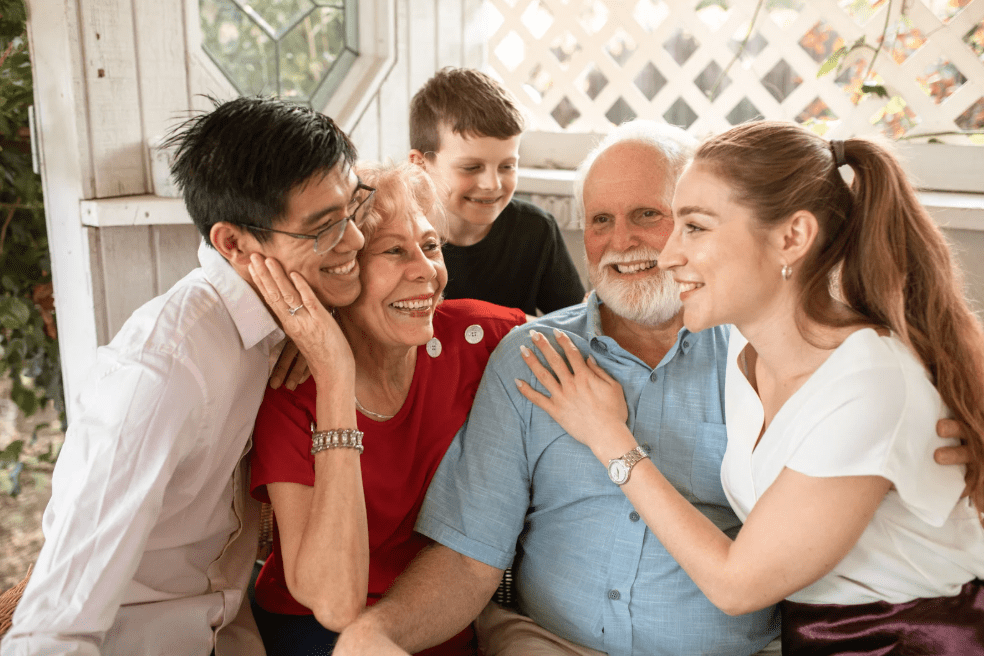
Table Of Contents
Veterans Disability For Sleep Apnea: How Do The VA Benefits Work?
The VA is an essential resource for finding disability benefits if you are a veteran. The VA Disability Compensation Program offers veterans and their families money to help pay for medical expenses such as prescription medications, physical therapy, and chiropractic care. If you have been awarded a disability rating from the VA, you may be able to receive compensation for your health conditions.
What is Sleep Apnea?
Sleep apnea, also known as OSA, is a condition that causes pauses in breathing while you’re sleeping. The pauses can be brief and intermittent or long and continuous.
Symptoms may include, but are not limited to:
- Snoring
- Poor quality of life due to fatigue or daily sleepiness (sleepiness during the day)
- Excessive daytime sleepiness that interferes with your ability to function at work or home (also known as excessive tiredness)
- Difficulty staying asleep
- Gasping for air during sleep
How Do Sleep Apnea Benefits Work?
If you are a veteran diagnosed with sleep apnea, you may be eligible for the Veterans Disability. The VA benefits can help cover the costs of treatment and equipment.
If your sleep disorder causes difficulties in your daily life and work, this could be an ideal option. Read on to learn more about how these benefits work and what they entail!
Is There A VA Disability Rating For Sleep Apnea?
The VA disability rating for sleep apnea ranges from 0-100% based on symptomatology.
Is There A VA Disability Compensation Form To File A Claim For Sleep Apnea Benefits?
The answer is yes, but you’ll need to be prepared to take the initiative. You can download the form from the VA website or find it at most VA offices. If you prefer to fill it out online, there’s an option on their website.
Once you have completed all necessary supporting documents (such as medical records) are included. Also, keep in mind that if your claim requires further review by one of our staff members before being approved or denied, we may request additional information such as other diagnostic tests explicitly related to sleep apnea treatment options specific to each case being reviewed.”
How Does The VA Rate Sleep Apnea Disabilities?
To be eligible for benefits, you must have a VA-approved diagnosis of a chronic condition that is rated under the respiratory system and causes symptoms such as:
What Should I Include With My VA Claim For Benefits Due To Sleep Apnea?
You should include with your VA claim for benefits due to sleep apnea:
- Evidence of current diagnosis
- Current Rx providers, and a statement in support of the claim as to why the disability is being claimed
When Can I Expect The VA To Make A Decision On My Claim?
The VA will notify you of any decision regarding your claim for Veterans Disability benefits due to Sleep Apnea within about 125 days. If the VA denies your claim, they will send you a letter explaining why.
If it has been more than 125 days since your initial application and still no word from the Department of Veterans Affairs, contact the VA at 1 (800) 698-2411 to inquire about the claim status.
Veterans Help Group Is Here For You
Veterans Help Group specializes in helping veterans navigate the complicated world of disability benefits. We have helped many veterans with sleep apnea obtain VA disability benefits, and we may be able to help you too.
Our goal is to ensure that all steps are taken correctly during the claim process so that no delays occur. Contact us today for queries and concerns.

Veterans Help Group Serving Our Community
Veterans Help Group Serving Our Community By Bobbi Boudi, Director of Community Outreach & Amy...

How Much Back Pay Will You Receive?
What is VA Disability Back Pay? VA disability back pay is payment for benefits the veteran was...

Your Guide to VA Ratings: Sleep Apnea
Your Guide to VA Ratings: Sleep Apnea Sleep apnea can be a serious condition that may impact...





